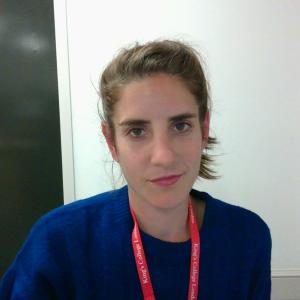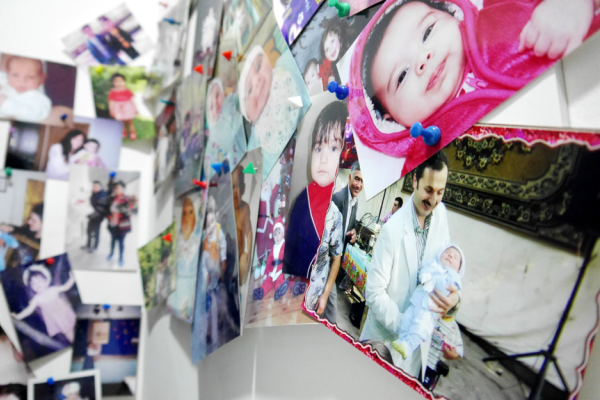Trained as a historian and political scientist, Sigrid Vertommen conducts academic research on the political economy of global fertility chains and markets, with a view to exploring the past, present and future frontiers of assisted reproductive technologies.
Her work is rooted in a long-standing interest in and active engagement with the social study of reproduction and feminism at the theoretical, empirical and political levels. Since beginning her doctoral research in 2010, she has explored historical and contemporary political economies of assisted reproduction at the intersection of ongoing histories of racial capitalism, (settler) colonialism and heteropatriarchy - an approach that deserves further scrutiny within the field. Along the way, she has engaged in theoretical debates, introducing analytical concepts such as the 'reproductive-industrial complex', 'global fertility chains' and 'fertility frontiers', which are gaining traction in her field.
After many years of field-based ethnographic research in Palestine/Israel and Georgia, she is keen to turn her research gaze to Belgium and explore its global histories and futures of transnational reproduction, which remain under-researched.
Over the past few years, she has succeeded in attracting research funding, winning a prestigious Marie Curie Fellowship, as well as funding from the Wellcome Trust, the FWO and the Fonds Pascal Decroos. This has enabled her to broaden her research horizons abroad (at King's College London and the University of Cambridge), to establish new research networks with international colleagues, to undertake a variety of research activities - including organising conferences, workshops and reading groups - and to experiment with new ways of communicating her research to a wider audience, including various academic-artistic collaborations and engagements with civil society and grassroots organisations.
In terms of scholarly output, she has published several book chapters and academic papers in the top journals in her field, with further single and co-authored articles, a special issue and a book manuscript (Pluto Press) in the pipeline. Finally, she has also gained teaching experience at King's College London, Cambridge, and most recently at UGent, where she teaches a popular course on gender and globalisation that has received excellent student evaluations.

